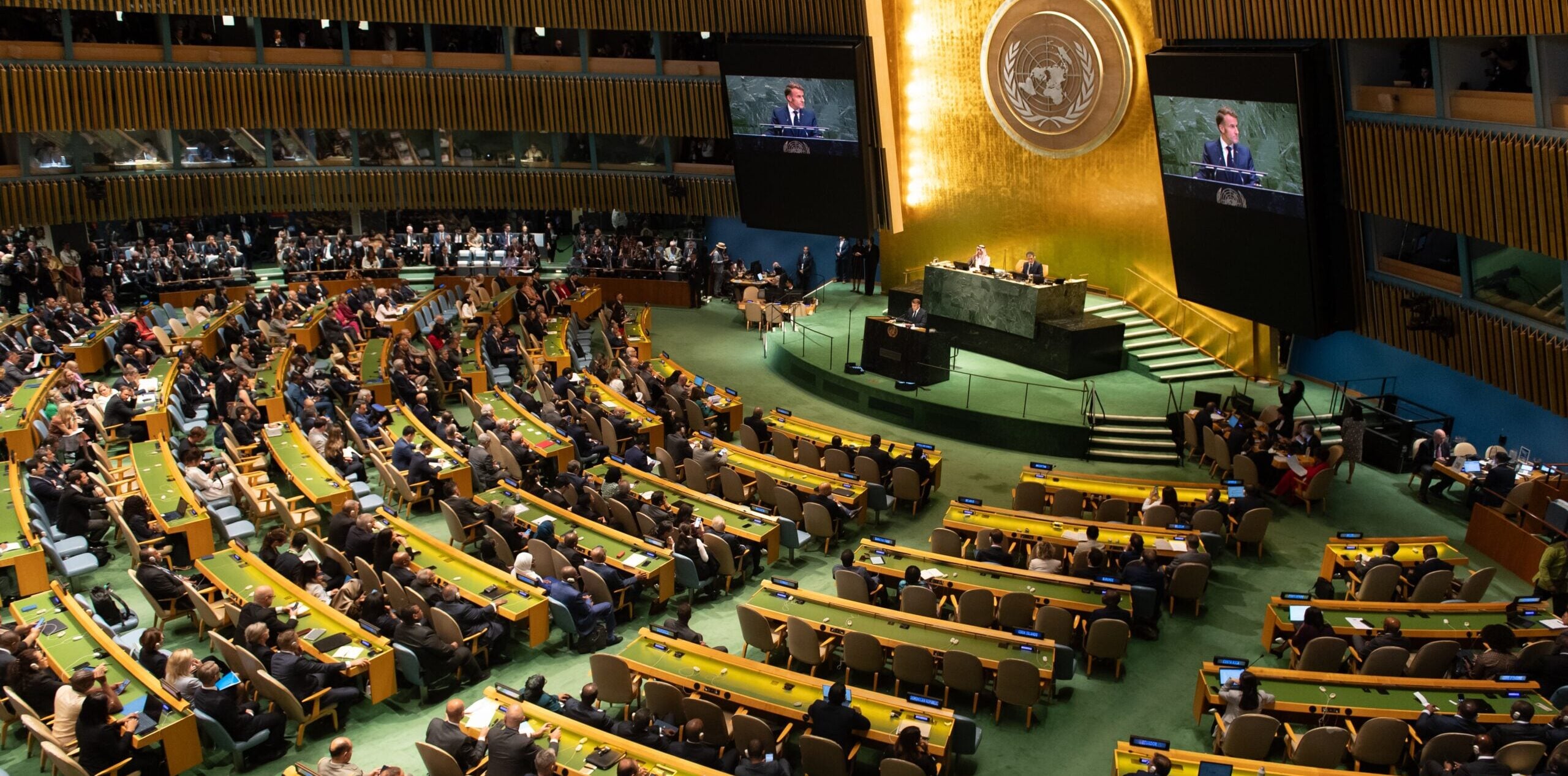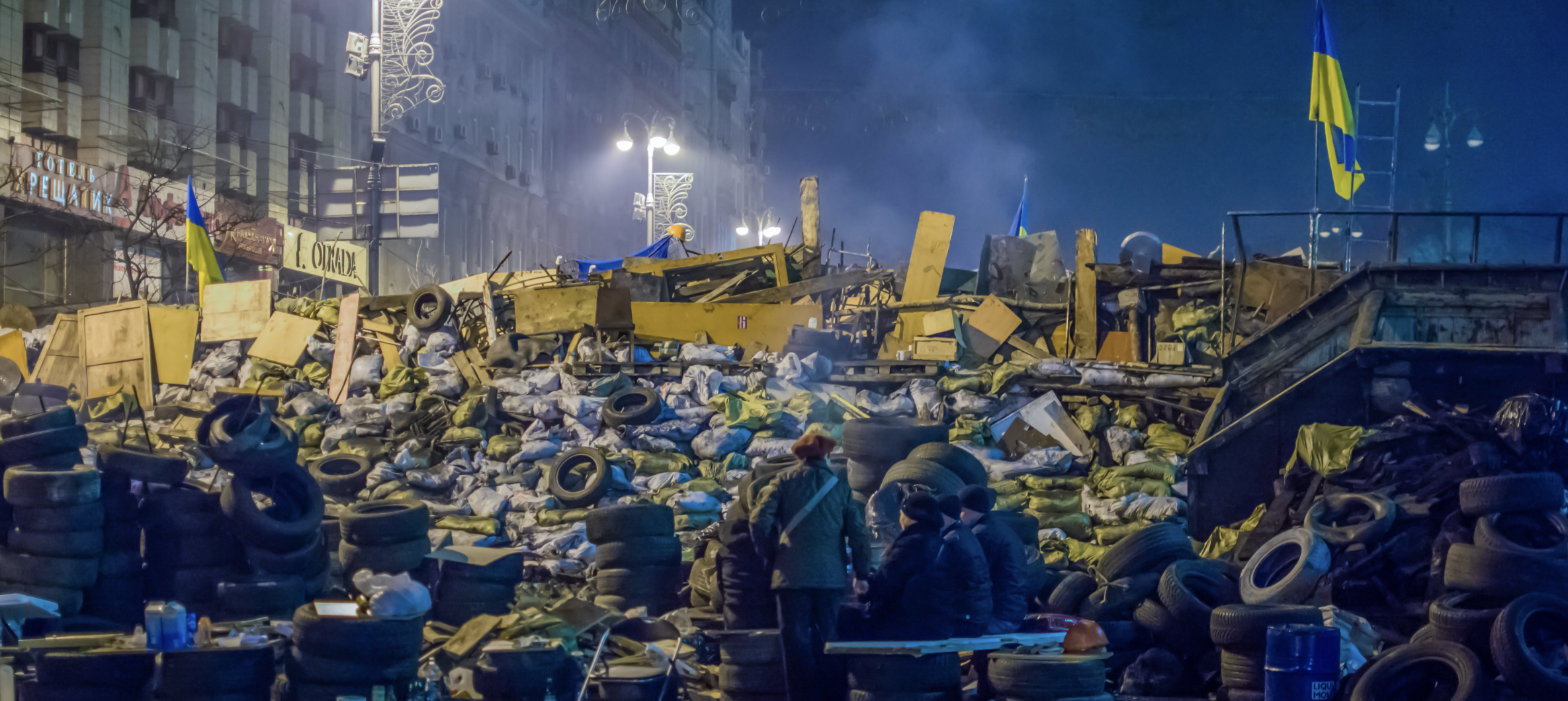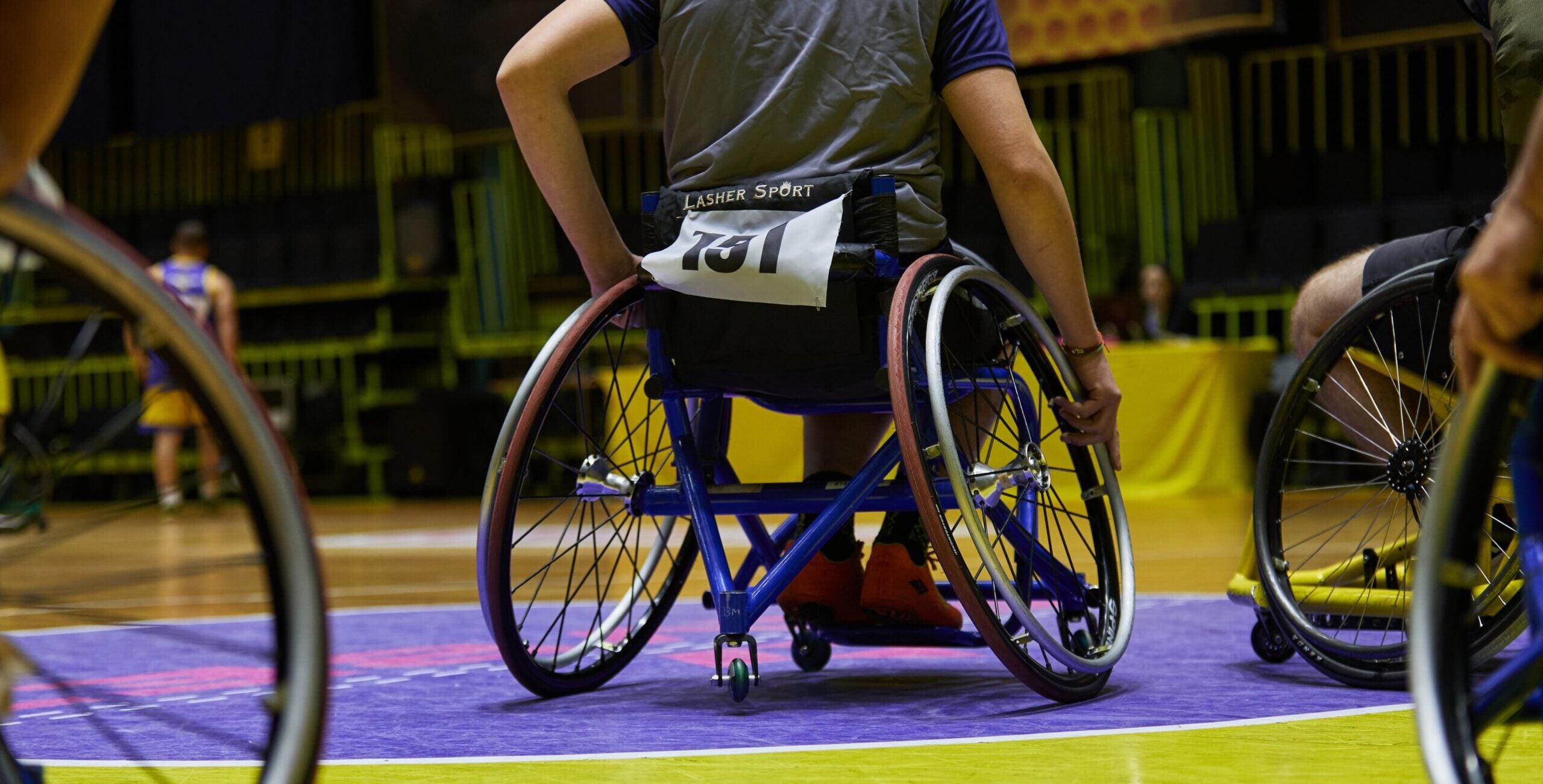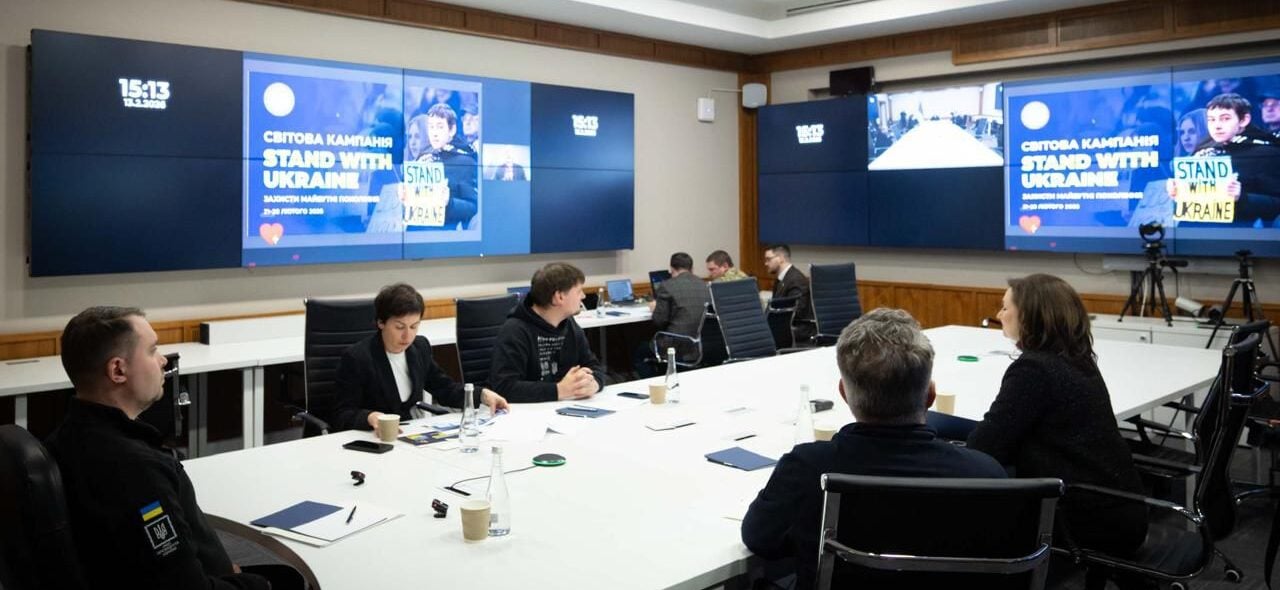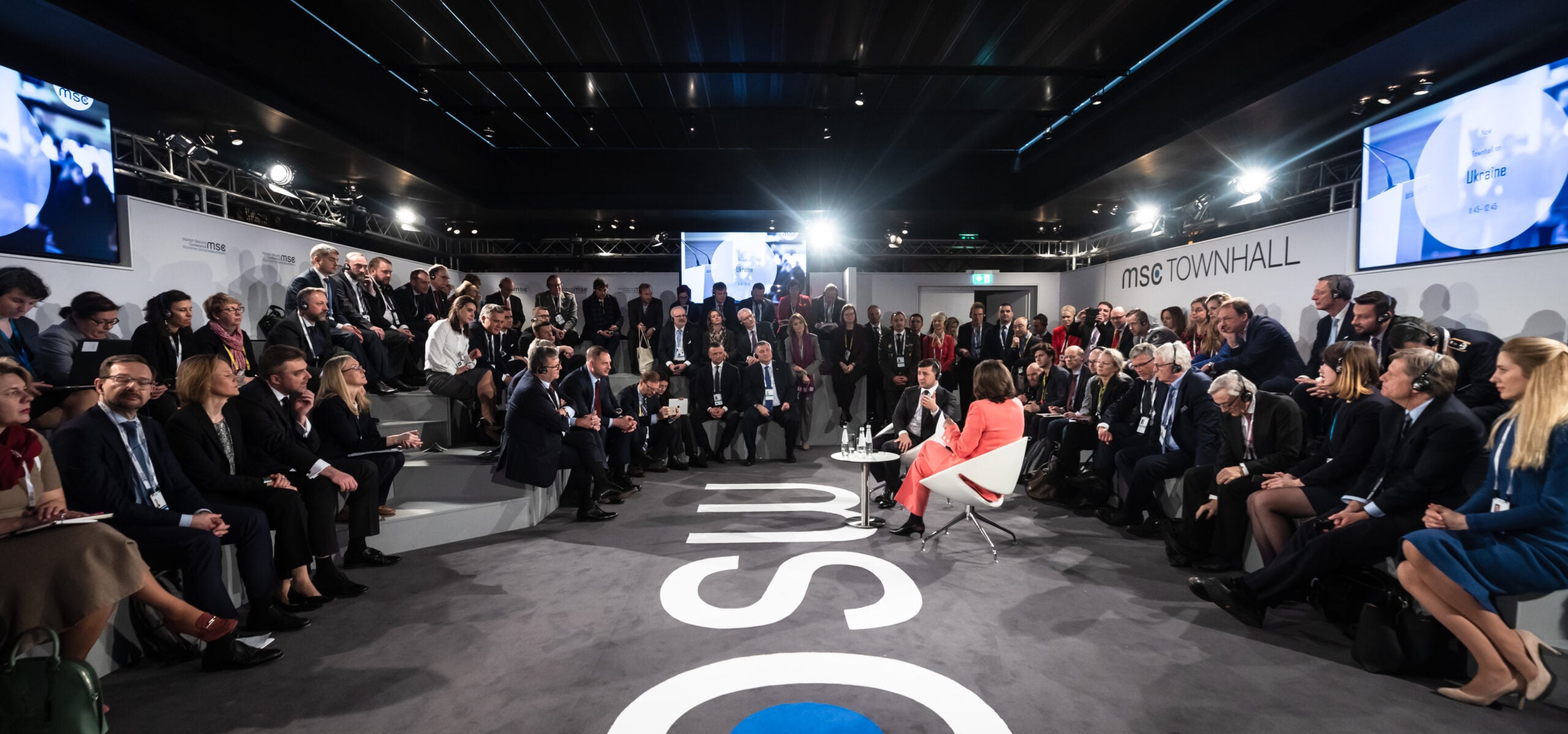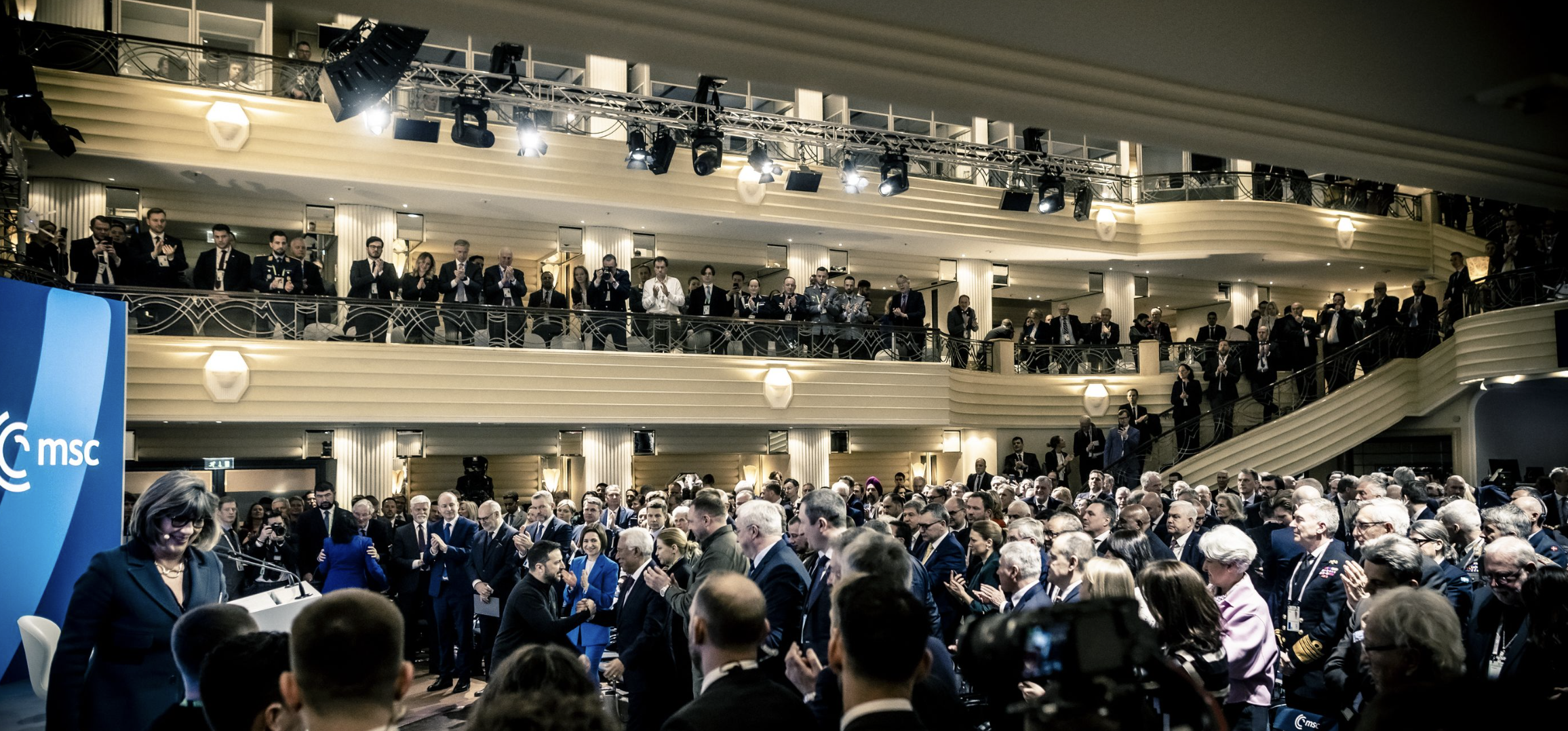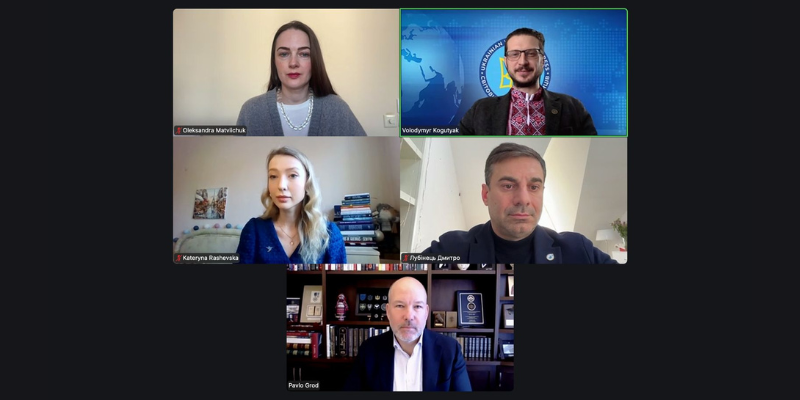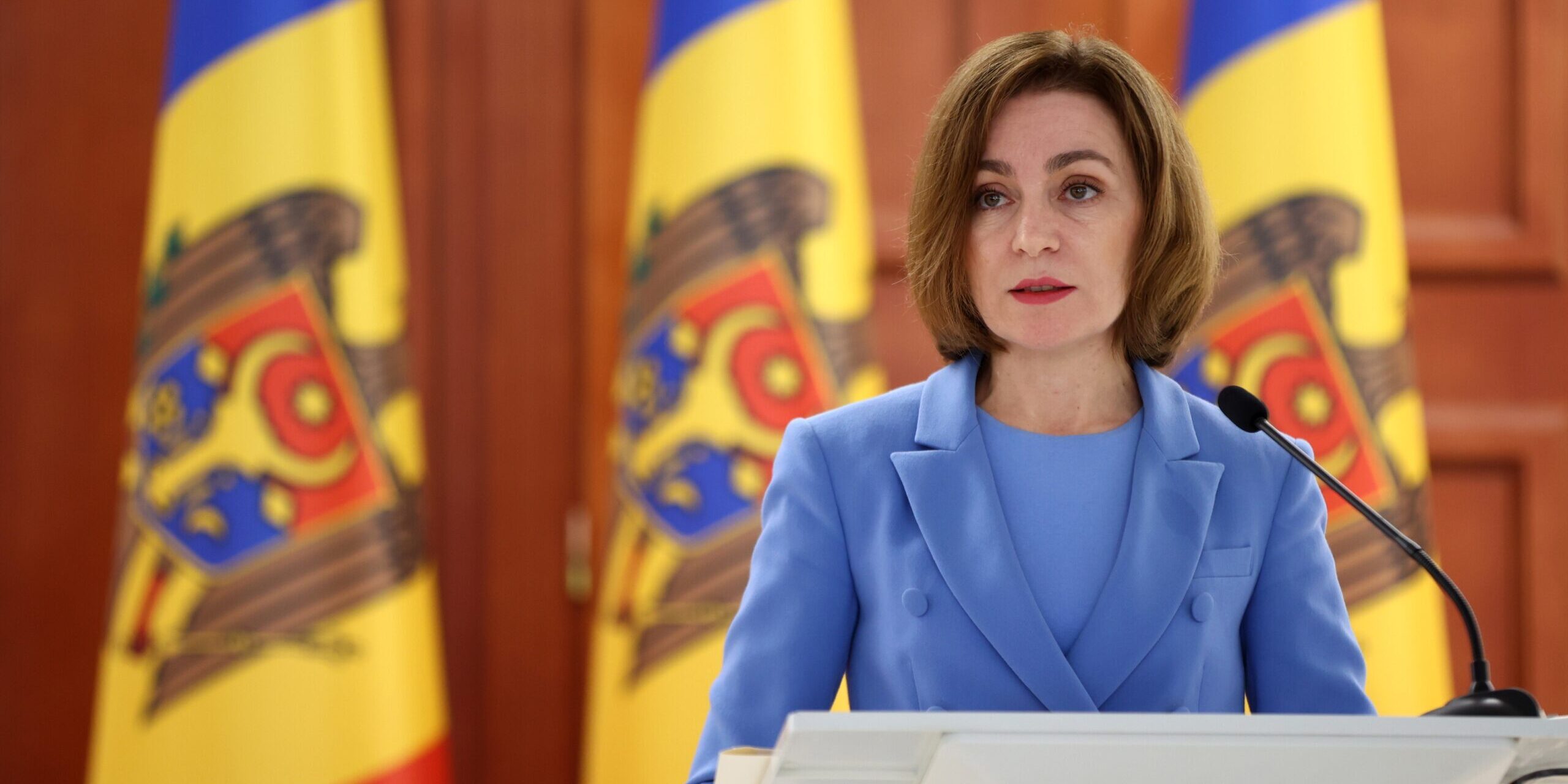
Bloomberg reports that the Kremlin has developed a plan to interfere in Moldova’s upcoming parliamentary elections on Sept. 28. Russia is reportedly aiming to disrupt the country’s efforts to anchor itself in the European Union.
The Kremlin has approved a multi-layered strategy intended to weaken support for President Maia Sandu’s party and remove her from power, while creating the appearance of political competition.
In a comment to the Ukrainian World Congress, Dmitrii Lecartev, who heads the National Congress of Ukrainians in Moldova (NCUM), outlined the potential consequences of such interference. Here is his statement.
The threat of Russian interference in Moldova’s elections is serious and systematic. In recent years, international organizations, journalistic investigations, and Moldovan authorities have repeatedly documented information campaigns, attempts to fund pro-Russian forces, the staging of mass protests, and even destabilization efforts. These actions pose a direct risk to the country’s political stability.
According to President Maia Sandu, in 2024 alone, during the EU accession referendum and the presidential election, Russia spent the equivalent of 1 percent of Moldova’s GDP on electoral corruption.
Over the past several years, Sandu has had to navigate relentless attempts by Moscow to sway Moldova’s politics and public opinion. From energy blackmail and disinformation campaigns to backing opposition protests, Russia has sought to derail her government’s efforts to strengthen democratic institutions and anchor the country to the European Union. Despite these pressures, Sandu has built her platform on reform, transparency, and Moldova’s sovereign choice to pursue integration with Europe.
The Kremlin uses several key methods of influence:
- Information operations: spreading fake news and disinformation via Telegram channels, social media, and bot networks. Narratives often emphasise the “NATO threat” or the “dangerous influence of Ukraine.”
- Funding and supporting pro-Kremlin political forces: hidden financial flows through media and oligarchic structures, enabling mass campaigning or direct voter bribery.
- Cyber operations: attempts to hack and interfere with digital infrastructure to undermine trust in the electoral process.
- Organizing protests and provocations: creating the appearance of “popular unrest” through financed demonstrations and planned disturbances.
- Involvement of criminal and paramilitary groups: investigations in Moldova have revealed individuals connected to structures like Wagner planning provocations.
These methods are particularly effective in areas with weak institutions and public distrust, potentially increasing societal division and apathy. At the same time, Moldovan authorities are actively countering these threats. In the past two months alone, 100,000 fake TikTok accounts were removed, 250,000 blocked, and daily police operations have confiscated millions of dollars intended to fund electoral corruption, significantly limiting Kremlin influence.
Specific cases of interference have already been documented. Moldovan law enforcement uncovered voter bribery schemes worth tens of millions of dollars (the Shor network). International missions (OSCE/ODIHR, EU) have repeatedly reported waves of disinformation that are aimed at discrediting the government and the electoral process.
The impact of Moldova’s elections extends beyond the country and directly affects Ukraine:
- Geopolitical dimension: A pro-Russian reversal in Chisinau would weaken regional cooperation and provide Moscow with an additional lever of pressure on Ukraine given that Moldova straddles the border with the Odesa region.
- Security factor: Moldova borders both Ukraine and Transnistria. Any destabilization there automatically creates risks for Ukraine’s rear operations, logistics, and border control.
- European course: Maintaining Moldova’s pro-European trajectory strengthens the collective front against Russia’s aggressive policies. Conversely, a return of pro-Russian forces would weaken regional pressure on the Kremlin and complicate international support for Ukraine.
In short, Moldova’s elections are not just a domestic political event. They are a key factor for the stability of Eastern Europe. For Ukraine, a stable and pro-European Moldova is an essential partner in ensuring regional security.
Cover: Shutterstock

